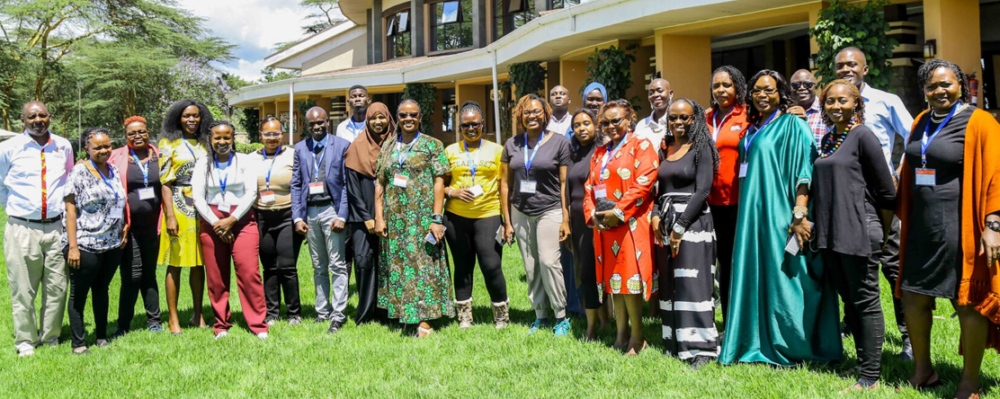
In the News
Health Experts Say ‘Herd Immunity’ Strategy Would Kill Thousands
- The Hill
-
Expertise
Public Policy Advocacy

Public health experts are growing alarmed that the Trump administration is increasingly embracing scientists who argue against lockdowns and restrictions as a means to control the coronavirus pandemic.
Those scientists maintain that the costs of locking down society and closing schools and businesses outweighs their benefits in combating the virus. In a document known as the Great Barrington Declaration, signed earlier this month, they embrace a concept known as “herd immunity,” in which a population builds up enough resistance to a pathogen that it runs out of victims to infect.
On a call with reporters Monday, two senior White House officials cited the declaration, authored in part by an economist with close ties to Scott Atlas, the radiologist who has become one of Trump’s chief advisers on the coronavirus pandemic.
But to public health experts, allowing the virus to run its deadly and devastating course is an unacceptable option that would lead to hundreds of thousands of deaths on top of the 217,000 in the U.S. who have already died from the disease.
“If you just let things rip and let the infection go, no masks, crowd, it doesn’t make any difference — that quite frankly, George, is ridiculous,” Anthony Fauci, director of the National Institute of Allergy and Infectious Diseases, told George Stephanopoulos on ABC’s “Good Morning America” on Thursday.
“You’ll wind up with many more infections of vulnerable people, which will lead to hospitalizations and deaths. So I think we’ve just got to look that square in the eye and say it’s nonsense,” Fauci added.
In a statement Thursday, groups like the National Association of County and City Health Officials, the American Public Health Association, the Association of Schools and Programs of Public Health and the Public Health Institute condemned the declaration and the flaws in its arguments.
“COVID-19 carries a much higher risk of severe disease and death than other infections where herd immunity was attempted before a vaccine was available,” the groups said. “It is illogical to ignore public health and scientific evidence when so many lives are at stake.”
A substantial number of younger and healthier people experience more subtle, but longer-lasting symptoms from coronavirus. Those so-called long-haulers, people who struggle to recover for weeks and months, have showed significant abnormalities in the heart and lungs, a sign that even a mild case of the virus could have life-long consequences.
“Letting this thing run willy-nilly in that group is just inviting an epidemic of long-haulers disease,” said Michael Osterholm, director of the Center for Infectious Disease Research and Policy at the University of Minnesota. “We’ve really improved our outcomes relative to severe illness,” but, he warned, the Barrington document “is a dangerous mix of pixie dust and pseudoscience.”
Click below to read the full story in The Hill.
Originally published by The Hill
More Updates
Work With Us
You change the world. We do the rest. Explore fiscal sponsorship at PHI.
Support Us
Together, we can accelerate our response to public health’s most critical issues.
Find Employment
Begin your career at the Public Health Institute.



